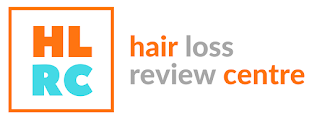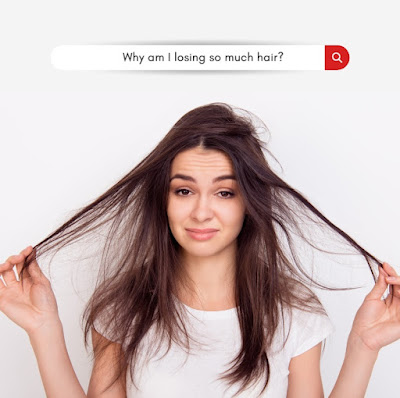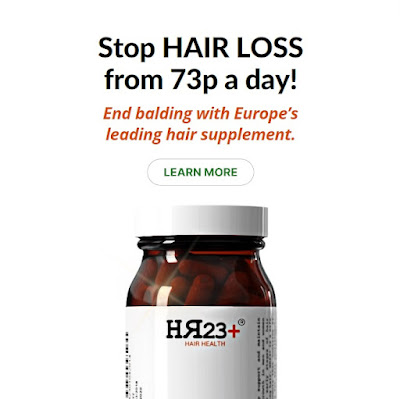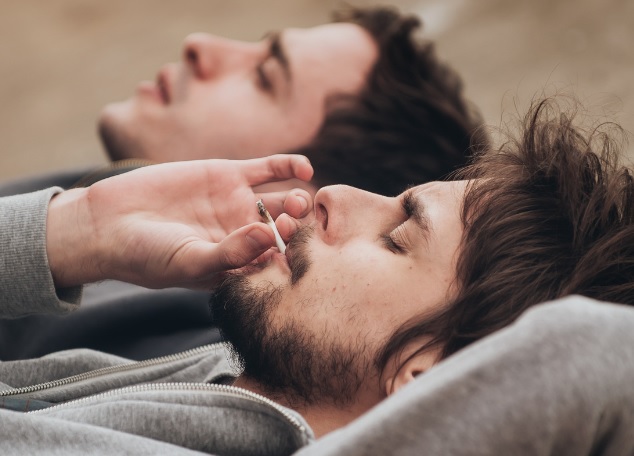What is a hair specialist supplement?
Common ingredients in specialist hair supplements are carefully formulated with ingredients such as biotin, vitamin E, vitamin C, zinc, iron, and various types of antioxidants, along with DHT blocking extracts like saw palmetto, nettle leaf extract, and pumpkin seed.
A specialist hair supplement always contains multiple ingredients from various nutritional segments, for example, vitamins, extracts, and minerals. This is what differentiates a specialist hair supplement from a standard one-ingredient supplement like biotin, for example.
Also, a hair specialist is not a medication, and it will not use any drugs or harsh additives in its formula. These are safe and natural supplements that act as safe alternatives to medical treatments.
Do hair specialist supplements treat hair loss?
Specialist hair supplements are often marketed as promoting healthier hair growth and reducing hair loss, but their effectiveness can vary depending on several factors. While some people may experience positive results from taking these supplements, they may not work for everyone. Results will vary from person to person.
Hair loss can be caused by a variety of factors, including genetics, hormonal imbalances, stress, nutritional deficiencies, and underlying health conditions. In some cases, addressing the underlying cause of hair loss, such as hormonal imbalances or nutritional deficiencies, may help reduce or prevent further hair loss.
Specialist hair supplements typically contain vitamins, minerals, and other nutrients that are believed to support hair health, and some specialist hair supplements have shown to help reduce the rate of hair shedding, and help increase the function of healthy hair growth in men and women.
However, it's important to note that scientific evidence supporting the effectiveness of these supplements for preventing or reversing hair loss is limited. While some studies suggest that certain nutrients may have a positive effect on hair growth, more research is needed to fully understand their role in preventing hair loss.
Additionally, it's essential to manage expectations when using hair supplements, although, specialist hair supplements can be particularly effective in men and women who are suffering from earlier stages of androgenic alopecia (pattern baldness).
What are the most well known specialist hair supplements?
Several specialist hair supplements have gained popularity and recognition in the market. Some of the most famous ones include:
Viviscal
Viviscal is a well-known brand offering supplements formulated to promote healthy hair growth. Their products typically contain a blend of vitamins, minerals, and marine extracts like AminoMar, which is claimed to nourish hair follicles and support hair growth.
Nutrofol
Nutrofol offers supplements designed to address hair thinning and promote thicker, fuller hair. Their formulations often include botanical ingredients like saw palmetto, ashwagandha, and curcumin, along with vitamins and minerals.
Hairfinity
Hairfinity offers supplements formulated with vitamins, minerals, and amino acids to promote healthy hair growth and reduce hair breakage. Their products often contain ingredients like biotin, vitamin A, and vitamin D.
HR23+
HR23+ is the leading specialist supplement in the market. This carefully formulated multi-macro supplement is designed to target hair loss at the root cause. 85% of men, and 92% of women noticed visible improvements in their hair from using HR23+ over a period of 3-12 weeks.
TRX2
TRX2 Hair Supplement is designed to provide essential nutrients to hair follicles, potentially helping to strengthen hair, reduce hair loss, and promote thicker, fuller hair over time. This once leading hair supplement is still a strong seller, but it has been overtaken by newer brands on the market.
Priorin
In a clinical study, this specific combination has been shown to stimulate and improve hair growth and hair re-growth in women. The results of this female supplement can be noticeable after around 3 to 6 months. Priorin is suitable for long-term use. Many women have used Priorin as a natural treatment against their hair loss and are amazed by the results.
Nourkrin
Nourkrin tablets are supported by over 30 years of knowledge and research, and are a safe and drug-free supplement for women to nourish the hair and support normal hair growth. There is also a Nourkrin supplement for men.
These are just a few examples, and there are many other specialist hair supplements available in the market, each with its unique formulations and claims. We would always advise that you do research and maybe consult with a healthcare professional before choosing a hair supplement to ensure it's suitable for your needs and safe for you to use.
These are just a few examples, and there are many other specialist hair supplements available in the market, each with its unique formulations and claims. We would always advise that you do research and maybe consult with a healthcare professional before choosing a hair supplement to ensure it's suitable for your needs and safe for you to use.
What's the best specialist hair supplement?
Going by the user reviews, ingredients, and brand longevity/reputation, it would be valid to make the argument that HR23+ is the best and most effective specialist hair supplement, overall.
HR23+ blends a key ratio of potent, DHT blocking extracts with vitamins and minerals, in order to deliver optimal results. With continuous use, HR23+ has shown to reduce the effects of excessive thinning, and support the function of faster, thicker, hair growth.
For more information on HR23+, visit the official website: hairrestore23.com

























